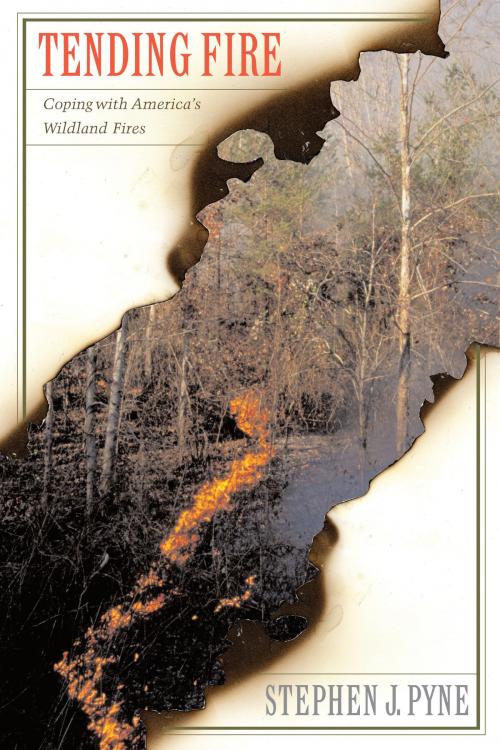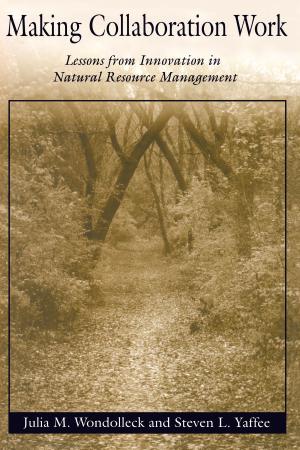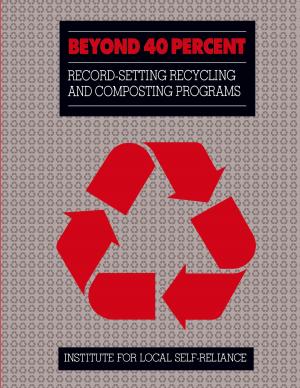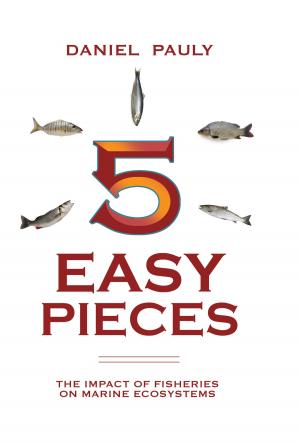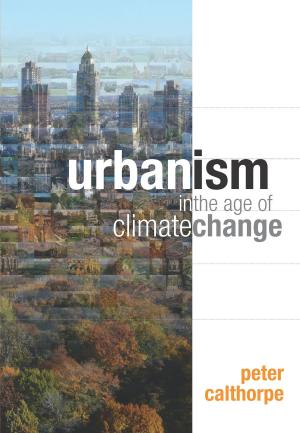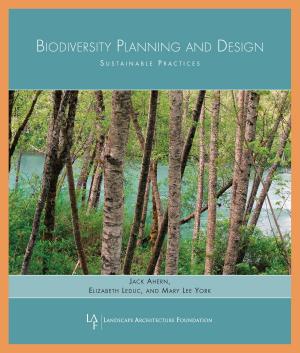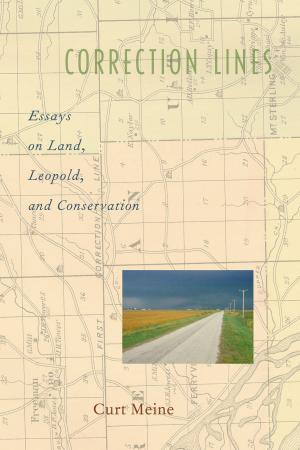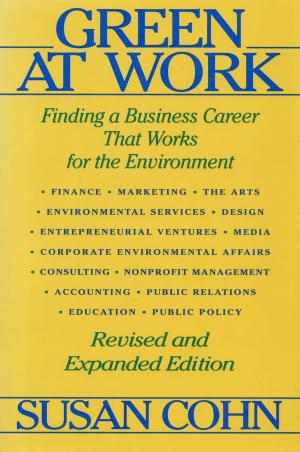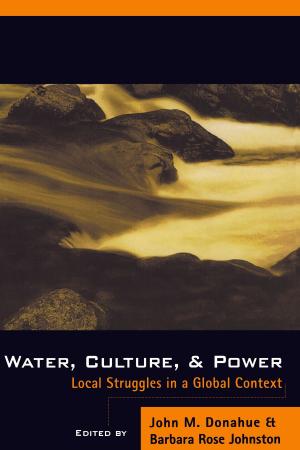Tending Fire
Coping With America's Wildland Fires
Nonfiction, Science & Nature, Nature, Plant Life, Trees, Environment, Natural Disasters| Author: | Stephen Pyne | ISBN: | 9781597268929 |
| Publisher: | Island Press | Publication: | April 9, 2013 |
| Imprint: | Island Press | Language: | English |
| Author: | Stephen Pyne |
| ISBN: | 9781597268929 |
| Publisher: | Island Press |
| Publication: | April 9, 2013 |
| Imprint: | Island Press |
| Language: | English |
The wildfires that spread across Southern California in the fall of 2003 were devastating in their scale-twenty-two deaths, thousands of homes destroyed and many more threatened, hundreds of thousands of acres burned. What had gone wrong? And why, after years of discussion of fire policy, are some of America's mspectacular conflagrations arising now, and often not in a remote wilderness but close to large settlements?
That is the opening to a brilliant discussion of the politics of fire by one of the country's mknowledgeable writers on the subject, Stephen J. Pyne. Once a fire fighter himself (for fifteen seasons, on the North Rim of the Grand Canyon) and now a professor at Arizona State University, Pyne gives us for the first time a book-length discussion of fire policy, of how we have come to this pass, and where we might go from here.
Tending Fire provides a remarkably broad, sometimes startling context for understanding fire. Pyne traces the "ancialliance" between fire and humanity, delves into the role of European expansion and the creation of fire-prone public lands, and then explores the effects wrought by changing policies of "letting burn" and suppression. How, the author asks, can we better protect ourselves against the fires we don't want, and better promote those we do?
Pyne calls for important reforms in wildfire managemand makes a convincing plea for a more imaginative conception of fire, though always grounded in a vivid sense of fire's reality. "Amid the shouting and roar, a central fact remains," he writes. "Fire isn't listening. It doesn't feel our pain. It doesn't care-really, really doesn't care. It understands a language of wind, drought, woods, grass, brush, and terrain, and it will ignore anything stated otherwise."
Rich in insight, wide-ranging in its subject, and clear-eyed in its proposals, Tending Fire is for anyone fascinated by fire, fire policy, or human culture.
The wildfires that spread across Southern California in the fall of 2003 were devastating in their scale-twenty-two deaths, thousands of homes destroyed and many more threatened, hundreds of thousands of acres burned. What had gone wrong? And why, after years of discussion of fire policy, are some of America's mspectacular conflagrations arising now, and often not in a remote wilderness but close to large settlements?
That is the opening to a brilliant discussion of the politics of fire by one of the country's mknowledgeable writers on the subject, Stephen J. Pyne. Once a fire fighter himself (for fifteen seasons, on the North Rim of the Grand Canyon) and now a professor at Arizona State University, Pyne gives us for the first time a book-length discussion of fire policy, of how we have come to this pass, and where we might go from here.
Tending Fire provides a remarkably broad, sometimes startling context for understanding fire. Pyne traces the "ancialliance" between fire and humanity, delves into the role of European expansion and the creation of fire-prone public lands, and then explores the effects wrought by changing policies of "letting burn" and suppression. How, the author asks, can we better protect ourselves against the fires we don't want, and better promote those we do?
Pyne calls for important reforms in wildfire managemand makes a convincing plea for a more imaginative conception of fire, though always grounded in a vivid sense of fire's reality. "Amid the shouting and roar, a central fact remains," he writes. "Fire isn't listening. It doesn't feel our pain. It doesn't care-really, really doesn't care. It understands a language of wind, drought, woods, grass, brush, and terrain, and it will ignore anything stated otherwise."
Rich in insight, wide-ranging in its subject, and clear-eyed in its proposals, Tending Fire is for anyone fascinated by fire, fire policy, or human culture.
